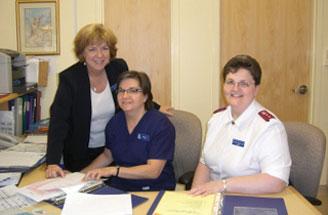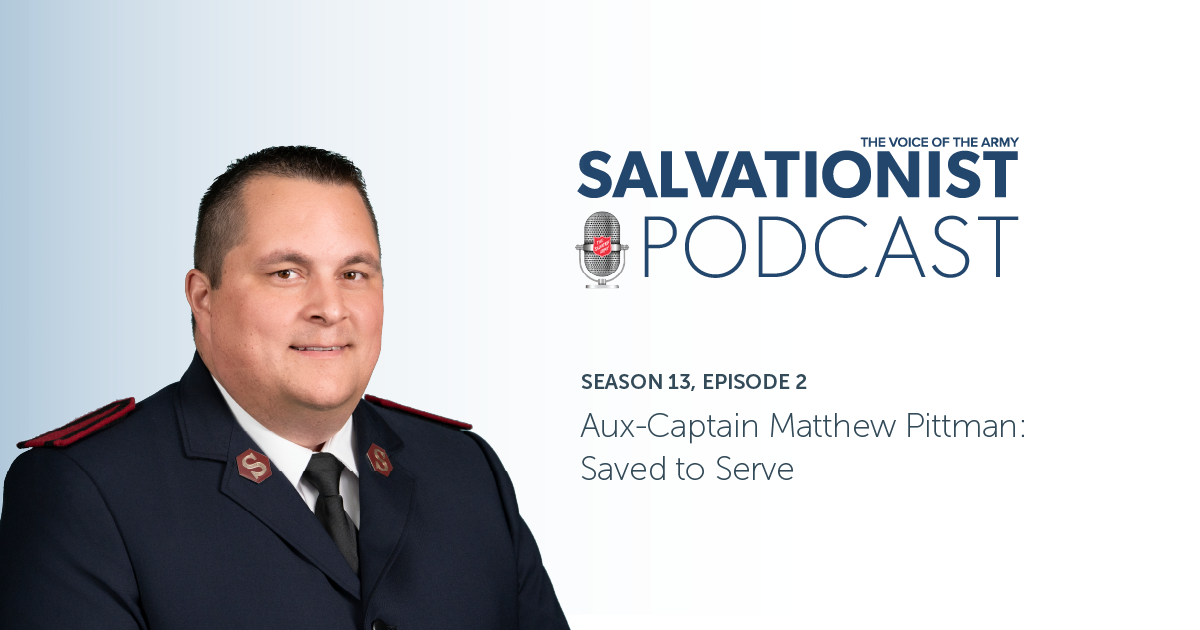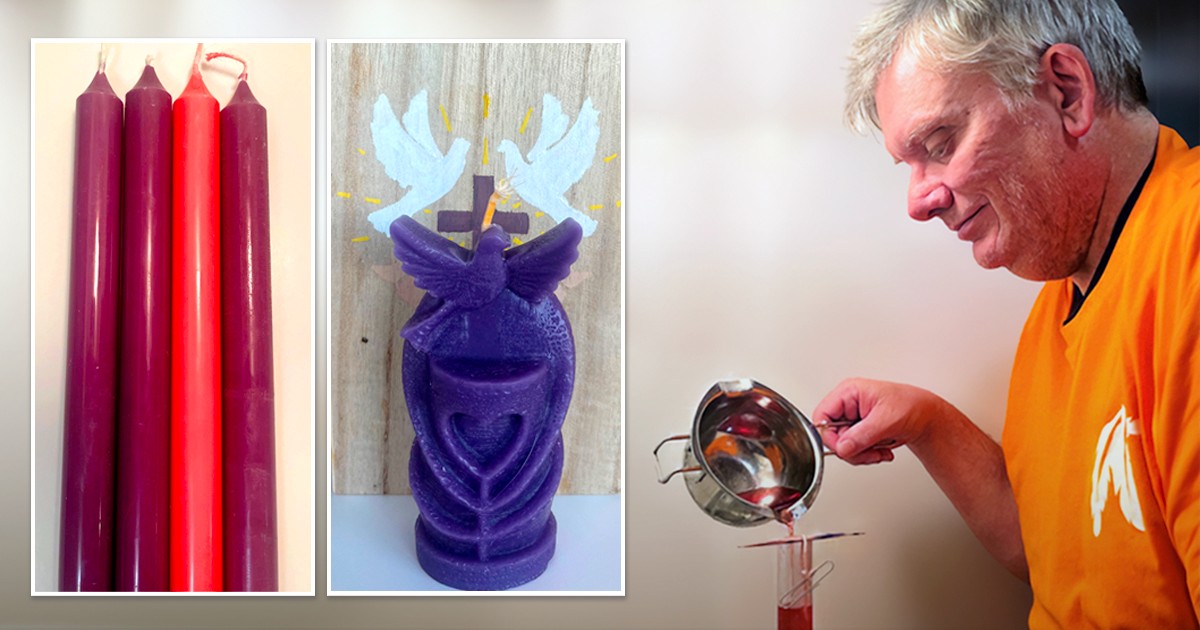 We have an unofficial motto here,” declares Ivy Scobie, executive director of the William Booth Special Care Home in Regina: “ 'We're working in the resident's home; the resident is not living in our workplace.' How would you treat someone if you went into their home? I say to the staff, 'Just remember, you're the guest.' ”
We have an unofficial motto here,” declares Ivy Scobie, executive director of the William Booth Special Care Home in Regina: “ 'We're working in the resident's home; the resident is not living in our workplace.' How would you treat someone if you went into their home? I say to the staff, 'Just remember, you're the guest.' ”
This resident-focused philosophy is one of the keys to the success of the centre. “We are the facility of choice in the city,” states Scobie. There's a 36-month waiting list to get into long-term care, and staff retention and morale are high.
“When we give families a tour,” Scobie continues, “they immediately sense that this facility is unique. And we want to keep it that way.”
Community Care
The William Booth Special Care Home has been in existence since 1966. Originally called the Eventide Home, it was a men's residence but over time changed its emphasis to encompass long-term care. The facility consists of five sections:
• long-term residential care (57 beds)
• convalescent care (12 beds)
• palliative care (10 beds)
• respite care (two beds)
• adult day program (170 clients)
The centre's day-support program is the largest in the province and it accepts challenging cases other facilities are unable to handle. “It's called Care for the Caregivers,” Scobie explains. “We provide a reprieve for the caregivers and help 170 people remain in their homes. This equates not only to a financial saving for the health district but also enables the person to remain an active member of our community.”
The 10-bed hospice unit for palliative care is the largest in Regina and was the first in the province. By sharing the centre's existing facilities and resources, the hospice has become a model for cost-effectiveness. Further, the creation of this unit made 10 acute-care beds available to be used more effectively.
Flexibility is key. “The staff are trained to see themselves not as part of a specific department,” says Scobie. “Every program is as important as the others. When there's a shortage in one, we pull people from other parts of the centre, and that enhances our effectiveness, creating a true team approach. And every time we enhance a program, it benefits the entire centre.”
The residence has an enviable reputation for excellence both in the province and around the country, and is the focus of Saskatchewan's new emphasis on improving hip and knee replacement wait times. Colleges rotate their nursing students through the centre and health officials from around the country stop by. Scobie reports, “We just had representatives from the Ministry of Health in Nova Scotia to observe some of our best practices and our model of hospice care.”
Salvation Army Ethos
Although the staff includes only a handful of Salvationists, The Salvation Army ethos pervades the facility.
“That's what attracts people,” believes Scobie. “When I interview potential employees, I explain that this is a Christian home, with Christian activities, and that they'll be working in a Christian environment. It sets the tone right away.”
Staff and residents pray before each meal, and the centre's chaplain, Captain Lorraine Hart, provides spiritual care to workers, residents and families. Captain Hart recently instituted a ceremony called the Comfort Corner. “When someone dies,” she explains, “we bring together everyone who was close to them. A Scripture reading is shared, we talk about the person and we pray. The message to staff and residents is that our love for these people doesn't stop when they die and that they mean something to us and to God. That speaks volumes for The Salvation Army.”
Top photo: Ivy Scobie, registered nurse Shelly Hubick and Cpt Lorraine Hart; bottom: The William Booth Special Care Home's new garden area was funded by community dollars









So very thankful.Sending prayers 🙏 to everyone My sister is in the Bafour Unit.Beverly.c